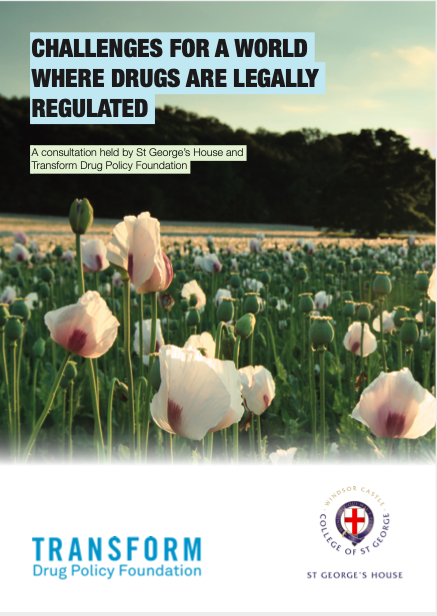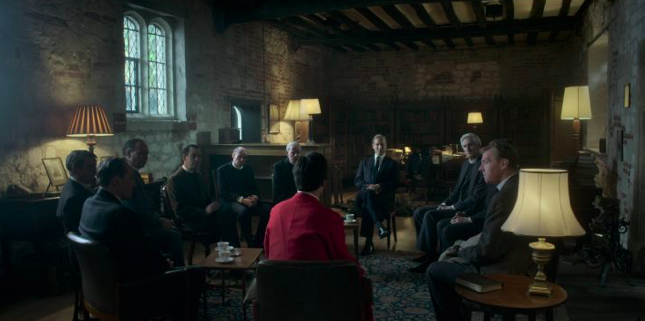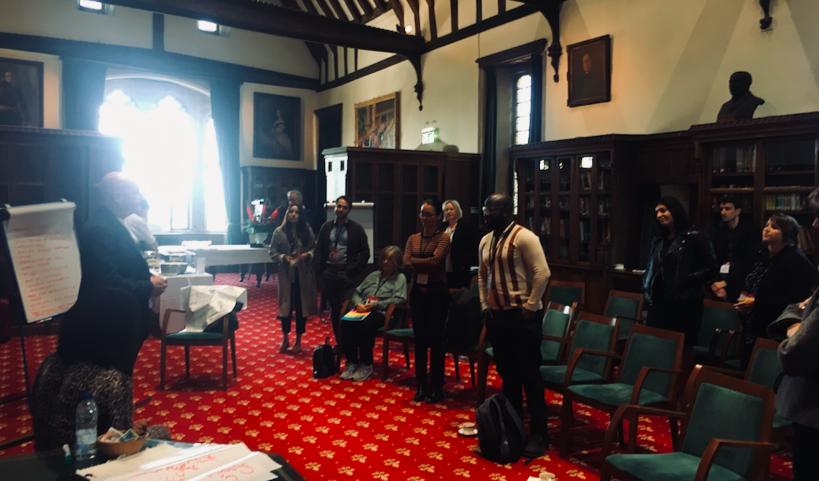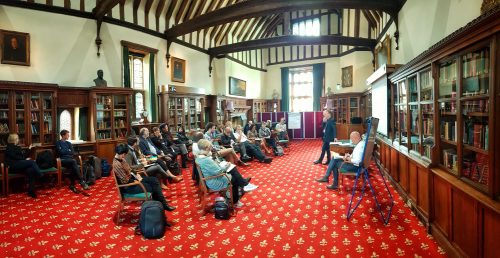6th February 2020

Read the report Challenges for a world where drugs are legally regulated: a consultation report from St Georges House and Transform Drug Policy Foundation
One of the striking things about working in drug policy is the realisation that almost no-one thinks the current system is working. Rather like climate change, most people with more than a passing interest agree things are badly wrong.
Few think that massive bloodshed in Mexico, the Philippines and elsewhere is a mark of success; few fail to see the paradox in governments condoning alcohol while putting all other psychoactive substances beyond the pale. Most people recognise that throwing people in prison for involvement in drugs only makes things worse.
The notion of a ‘drug-free world’ is utopian, in the worst sense, and its outcomes have been disastrous.
Dealing with this requires more than hand-wringing, or simply saying ‘Yes, we know it’s wrong but…’. It requires the development of alternatives. However, those proposing a different approach also have a responsibility not to fantasise. Ending prohibition is not simple, nor would it solve everything. If we want to do things better, we need to look squarely at the challenges we will face and set out how they can be addressed.
That’s why, last September, we teamed up with St George’s House in Windsor Castle (the foundation of which now has its very own episode of The Crown) to explore those questions.[1] Over two days, twenty-five experts from across, and outside of, drug policy imagined a post-prohibition world and considered what the challenges might be.


[St George's House, according to Netflix; and discussing drug policy reform at the real St George's]
What came out of the discussion was not a blueprint, or roadmap, for future policy. Not everyone in the room agreed on what the ideal drug policy would be – or even whether a regulated market was the solution. What did emerge, however, was a strong consensus on some of the key principles that should underpin the project of drug policy reform.
They include some that may seem obvious (e.g. that drug policy reform should be a means to a better society, not simply an end in itself) but that benefit from being stated clearly. Others, such as the principle that those who have been hardest hit by drug prohibition should be enabled to engage in new markets, arise partly from the recent experiences in cannabis legalisation and the way this has too often shut out people from marginalised communities. The group also agreed on issues such as the need to prevent excessive corporate influence in policymaking and the importance of drug policy reflecting, and responding to, local conditions.
The full set of principles are set out in the consultation report, which is available on our website.
The report demonstrates that drug policy reform is complex, but far from impossibly so. Given the gravity of the situation we face – the continuing rise in drug deaths, the ongoing violence, the massive waste of financial and human resources, the amplification of already profound social inequalities – we need to act. But that action needs to be grounded in reflection and reality. We are grateful to St George’s House for helping create a space where more of that thinking could take place, and we hope the report on the discussion is a helpful contribution.
James Nicholls, CEO 6th February 2020
[1] Season 3, Episode 7 – for fans of the show…




